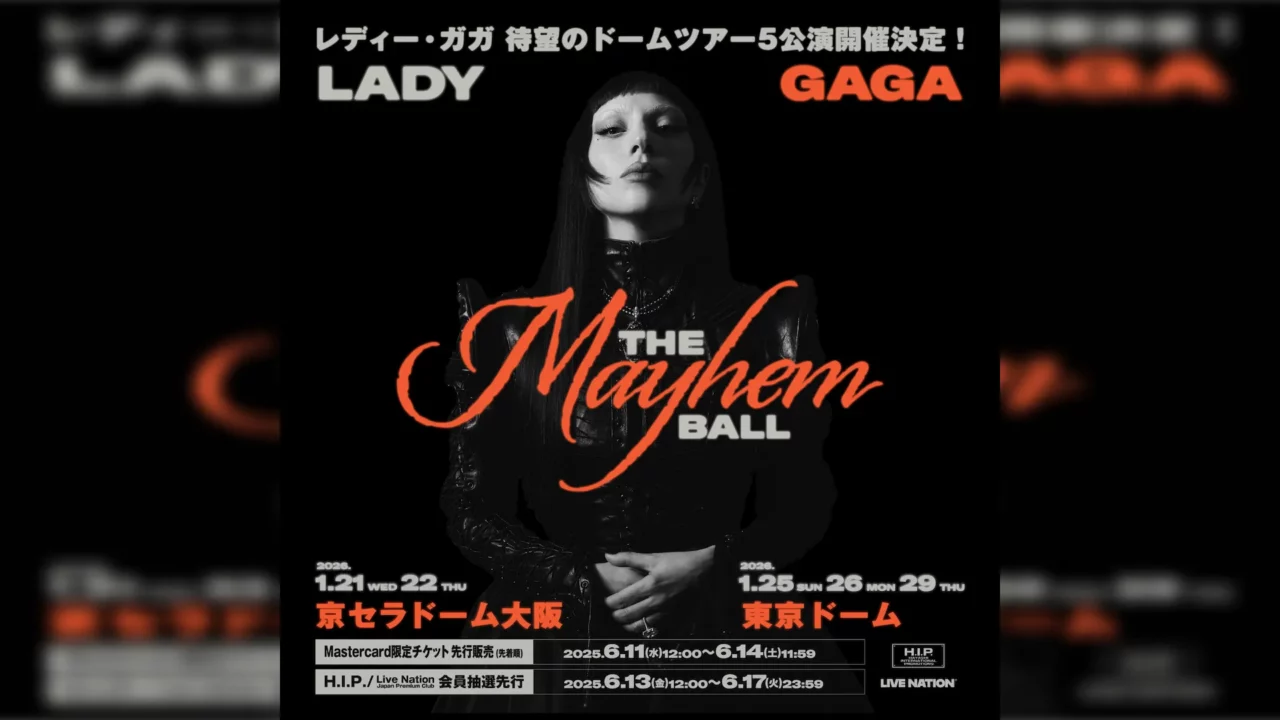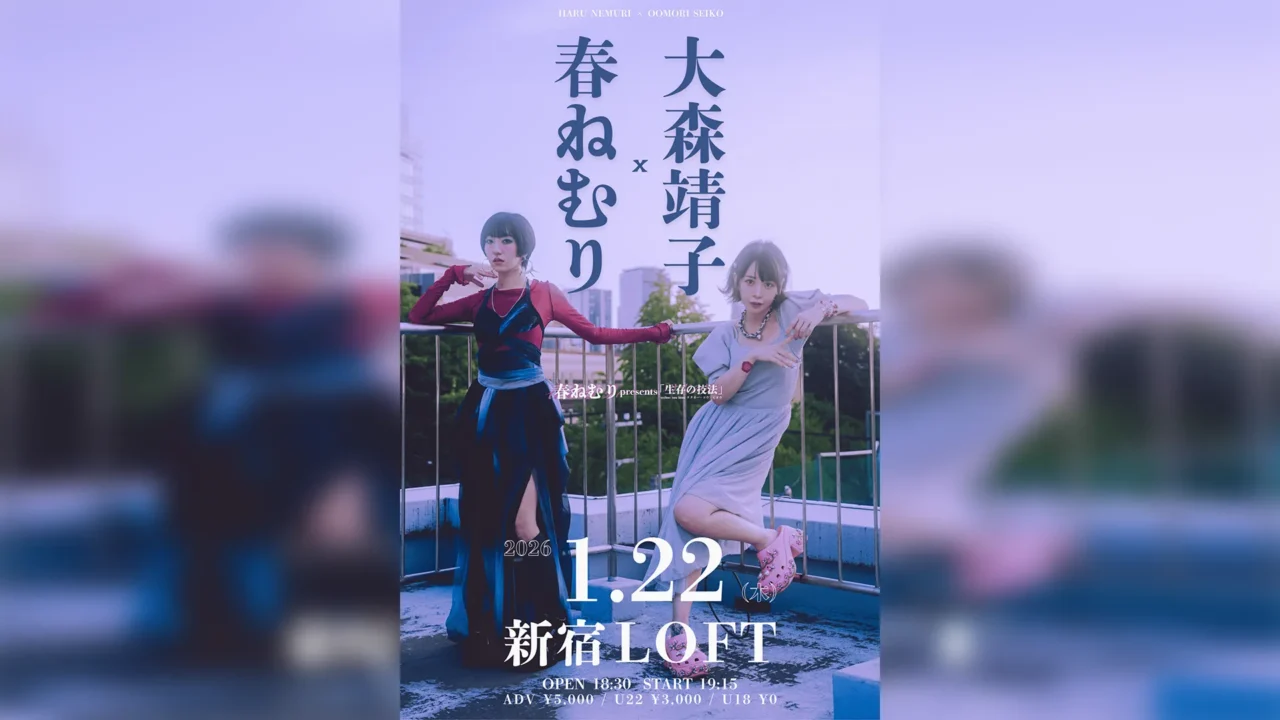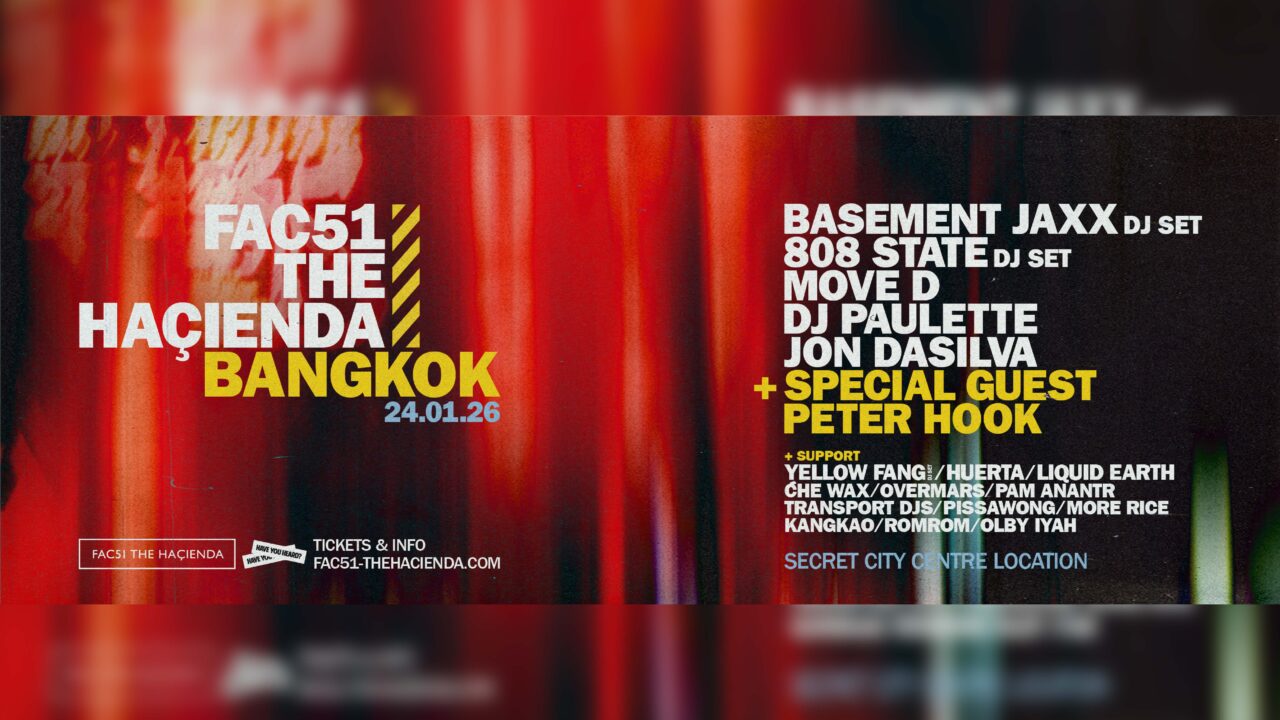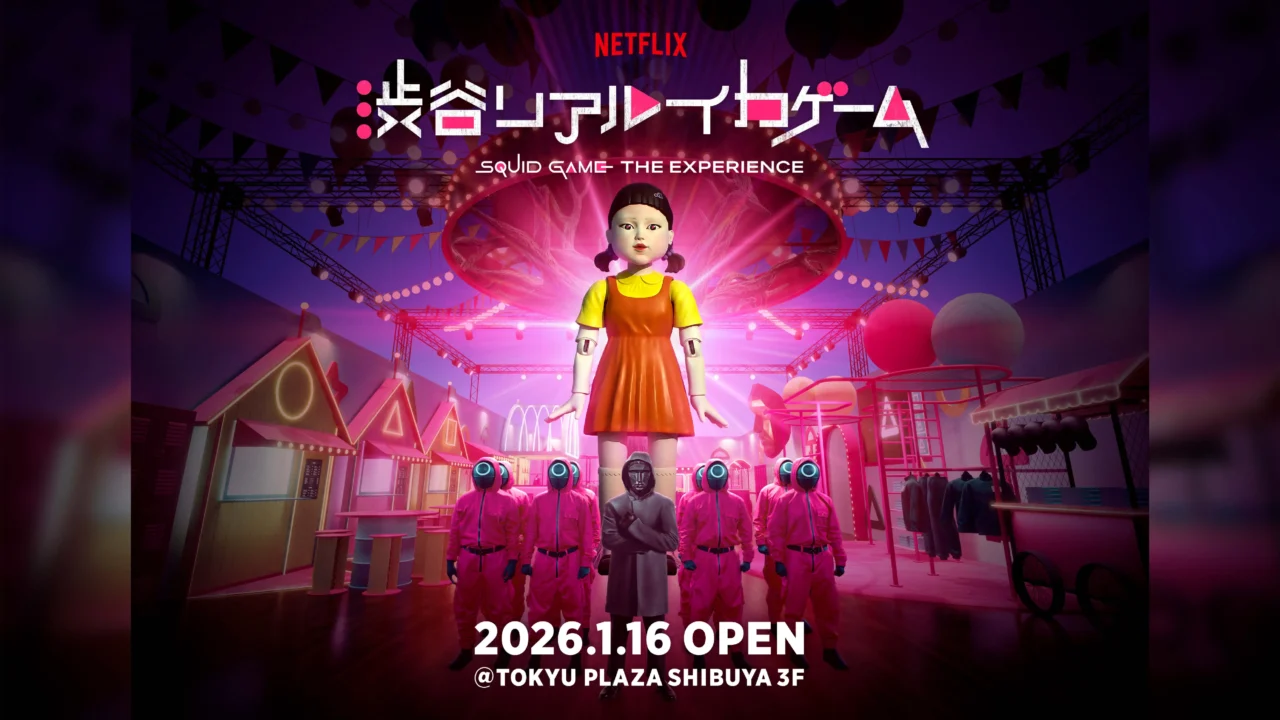“Aftersun,” a coming-of-age drama film about a summer holiday of a father and daughter in the late 1990s. Although the film evokes vivid nostalgia, it’s not just about that: it has a highly sharp texture.
Music director/critic Yuji Shibasaki points out the sound design and the well-controlled sound manipulation as the reason. Then, he discusses “Aftersun” for the second round of his article series to examine pop music in film, “The Music Selection Creates the Film.”
Note: the following content contains spoilers.
INDEX
The director’s autobiographical “film of memory”
The end of the 1990s. When I (Sophie, played by Frankie Corio, a new child actor) was 11 years old, I spent a vacation with my father (Calum, played by Paul Mescall), who usually lives apart from us. The sights, smells, temperature, wind, and feel of the water in that summer…
Aftersun,” the autobiographical feature debut of new director Charlotte Wells, born in Scotland in 1987, evokes memories of a special season that we all hold deep in our hearts and minds, and brings us back to that time of the year. and let us encounter the air of that season once again.
The film begins with the sound of a miniDV camera (which will inevitably evoke a strong sense of nostalgia in viewers in their 30s or older). After a while, what appears on the screen is the usual family banter that one would expect to see on a home video.
Then, in a cut that replaces the stop motion of the home video, we see Sophie standing there 20 years later, having grown from 11 to 31 years old. On the floor of a club, in the flickering light of an intense flash. The film vividly tells us that this is a “film of memory,” as recalled by a former girl who is now 31 years old, the same age as her father was then.
INDEX
Portraying the past with a touch of the present
Why do we feel an intense sadness when we recall “that summer”? That summer” is always more sad and ephemeral than “this summer. The sadness and fragility are sometimes sharp and painful to the touch.
The “that summer” depicted in “Aftersun” captures the passage of time, the transformation of memory, and the nostalgia it evokes in a very skillful way. Nostalgia is often thought of as an alluring allure that invites us to a sweet feeling, or even escape. The nostalgia evoked by this film, however, is sharp as a knife, and therefore has a very tangible force.

This feeling is achieved more effectively, I feel, by the fact that the film’s images do not attempt to represent the past “as if” it were easy.
Reflecting on his work with cinematographer Gregory Oak, Wells said, “For me, the image is always the starting point.
For me, the image is always the starting point. The slightest visual choice and observation can bring rich emotion to a film, so I began by gathering family vacation photos with specific images of the sea, sun, and sky. I wanted to reproduce high-contrast, vivid images. The rich colors really bring a sense of “now” to the film, and I liked the contrast with the idea of a film about the “past. The scene with the adult Sophie is in the present, so the colorist suggested a more contemporary feel, and it was fun to discover these nuances.
–From the press release

© Turkish Riviera Run Club Limited, British Broadcasting Corporation, The British Film Institute & Tango 2022
The actual film shows that the director’s intentions are brilliantly executed through the use of 35mm film (without going into too much detail, this analog cinematography, contrary to popular belief, can evoke the “now” rather more intensely than digital cinematography), editing, and subtle manipulation of the color correction. The director’s aim is brilliantly effective through the subtle manipulations of editing and color correction.
The “past” in the film is liberated from the “imitation of the past” and connected to the present as a vivid experience that is felt in the subjective view of the protagonist, Sophie (or the audience), who is the recollectionist.
INDEX
The tunes bringing us the atmosphere and the mood
The same delicate treatment of the “past” can also be pointed out in the use of music in this film.
Of course, as long as the film deals with the past, the music played as source music is music created in the past. In this film, too, various music that dominated the hit charts in the 1990s is played.
The background music is constantly playing on the grounds of the resort hotel in Turkey where the couple is staying, and the “likely feel” of the music selection, which is a mixture of Welles’ playlist and suggestions from Lucy Bright, a music supervisory staff member, will make the real-time generation smile. Los del Rio’s “Macarena (Bayside Boys Remix)” (1993), which is played as the restaurant staff performs the entertainment, and Chumbawamba’s “Tubthumping” (1993), which brings the party scene to life at night. “Tubthumping” (1997). Numerous other party hits also liven up the film, including Aqua’s “My Oh My” (1997) and Steps’ “5,6,7,8” (1998).
The film also features a number of cheap-o hits, such as The Righteous Brothers’ “Unchained Melody” and Blondie’s “The Tide Is High” sung by middle-aged guests at a karaoke contest hosted by the hotel. The cheap orchestration and flaccid singing of “Unchained Melody” by The Righteous Brothers and “The Tide Is High” by Blondie, sung by the middle-aged guests at a karaoke contest hosted by the hotel, really express the languid atmosphere that often comes in the middle of a vacation.

On the other hand, Blur’s “Tender” (1999), which is played to reflect his father Callum’s preference for alternative rock, works somewhat differently from the other songs. Callum has a mysterious injury on his right hand (the cause of which is unknown to the audience) at the beginning of the film, and he has a stack of spiritual books in his hotel room. There is also a scene in which he goes into the sea alone at night and sobs violently in his room. Although it is not explicitly mentioned, he seems to be suffering from a serious mental disorder, which is apparently related to his separation from his wife and children.
Blur’s “Tender” wraps up the tender conversation between father and son in the hotel room, but after the scene ends, the song suddenly pitches down and overlaps with the present Sophie standing in the dark again. The bold sound manipulation, along with the skillful montage, creates a sense of anxiety and loss for the viewer.

INDEX
Well-crafted sound design that resonates with the body
What prevents the music of the past from being used only as an “imitation of the past” in this film is, first and foremost, a keen sense of the various manipulations and effects of sound design. I encourage you to view the film from this perspective, paying close attention to the skills of sound designer Jovan Eidel. The realistic spatiality of the sound in each scene where the party hit song mentioned above is played as background music, and the subtle changes in the sound image in response to other sounds, camera work (movement of the viewer’s perspective), and editing, corresponds well with our physical reality, i.e., our physical senses that perceive music that is (or was) playing in space. The subtle changes in other sounds and camera work (perspective movement) in response to the editing are in harmony with our physical senses that perceive the physical reality of the music that is (was) playing in the space.

The use of Blur’s “Tender” in the film, for example, is another example of the power of sound design to support (along with the images) the merging of these physical sensations into the present “I”. How can the “past” be brought into the present through the manipulation of sound textures, volume, layers, etc. in a film? (In this sense, the original ambient score by Oliver Coates, a master of modern classical music, is also very effective.)
INDEX
Emotive explosion with the tunes towards the end
As the end of the vacation = the separation of father and son draws near, Sophie and Callum are crossing paths, and there are moments of heaviness in the air. However, amidst the anticipation of the end of their precious time together, they spend time together again in a loving manner. On their last night together, Callum invites a shy Sophie to dance, and the two surrender to the music. In this most moving scene, “Under Pressure” (1981) by Queen and David Bowie is played.
As they dance in slow motion in the 1990s, Sophie and her father’s eyes and bodies intersect with each other. The voices of Freddie Mercury and David Bowie overlap and intertwine with a power that seems to envelop the entire film as the volume is raised higher and higher. The past reminiscences overlap and intersect with the present through the music, and tremendous emotions erupt.

The lyrics of the song are as follows
It’s scary to know this world
Good friends cry out, “Get me out of here”
Let’s pray for tomorrow, better days
Heavy pressure, people lost on the roadTurning our eyes away from all that’s going on in the world
Ignorance won’t change things
Looking for love, but I’m covered in scars
Why?
Why?
Why?Love, love, love
Can’t you try just one more time
Give love one more chance
Why can’t you give love
Because love is an outdated word
But love gives you courage
Thinking of those in the corner of the night
Love gives you courage You change things
As we care for each other
This is our last dance
This is our last dance
This is us the way we are“Under Pressure”

While the film remains dark, the film returns to the sound of the miniDV camera. Then, in the home video, Sophie and Callum say goodbye to each other at the airport. And again, stop motion.
The fact that pop music from the past can “make” a film in such an emotional way is once again impressive. This is probably due in no small part to the fact that “Aftersun” is, as the director says, trying to “depict the ‘past’ by making us feel the ‘present. The pop music of the past in the film will continue to exist as belonging to the past if it is merely used as a symbol of the past. However, as long as it somehow tries to open a circuit to the present me and my present feelings, it will become “music that is sounding now.
Playlist of “aftersun
You can listen to the songs mentioned in the text here.
aftersun” will be screened at the Human Trust Cinema Yurakucho from Friday, May 26, 2023.

Opening Friday, May 26, 2023 at Human Trust Cinema Yurakucho, Shinjuku Piccadilly and other theaters nationwide.
Director/Screenplay:Charlotte Wells
Cast:Paul Mescall, Frankie Corio, Celia Rolleson Hall
Distributor:Happinet Phantom Studios























